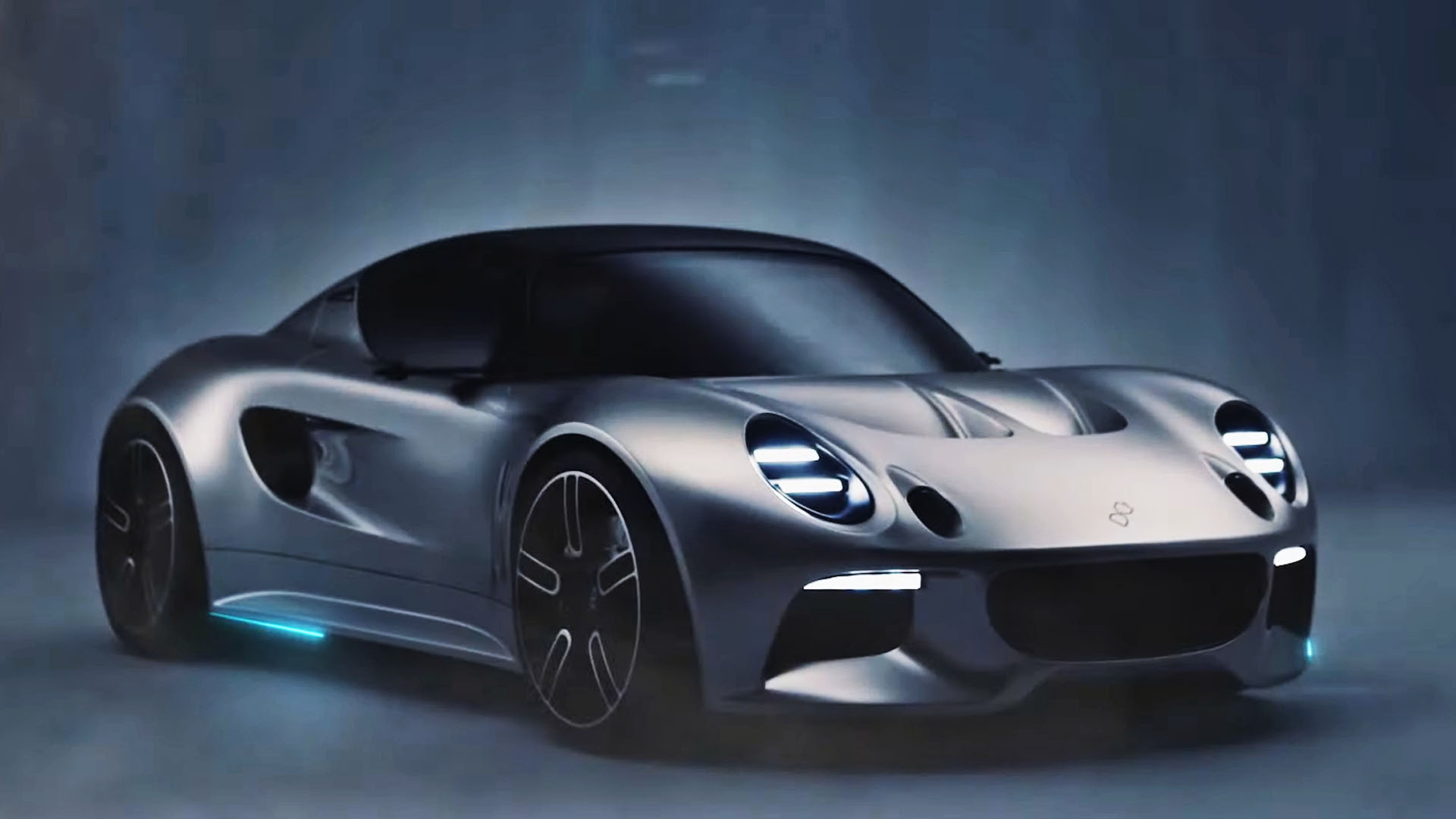

Ex-Jaguar Land Rover design boss Ian Callum’s firm has remade the original Lotus Elise S1 as an impressive new electric vehicle in a partnership with British battery startup Nyobolt. The company’s promising tungsten anode batteries allow rapid charge rates at little cost to overall capacity. It’s claimed the car’s lightweight 35-kilowatt-hour battery can recharge in just six minutes and provide the Lotus remake with 155 miles of range.
Nyobolt has not stated the total weight of the car, but its claimed efficiency of over 4.4 miles per kilowatt-hours implies it’s not carrying around much mass, nor does it have much aerodynamic drag. The vehicle has camera mirrors, a deep diffuser, and other features which help it cut cleanly through the air.

Detailed technical specifications of the car itself like motor output and drivetrain configuration have not been stated. Nyobolt claims the car’s cells are good for 2,000 charge cycles, though, which implies a possible battery life of more than 300,000 miles.
Tungsten anodes like the type Nyobolt has developed have very recently been the stuff of academic papers. The company claims its technology allows for charge rates of 10C, although it’s unclear if that’s at the cell or pack level. Pack level is still impressive, but if it’s at the cell level, the company has made something of a lithium-ion breakthrough.

10C translates into a cell being able to charge at ten times its stated capacity in amp hours. That would mean a 103Ah prismatic cell, like those used in GM’s Ultium platform (Nyobolt’s appear to be lower capacity cylindrical) to support over 1,000 amps of charge current. In other words, a single cell could take twice the charge that a CCS-type charger is capable of providing. Indeed, Nyobolt says one-megawatt chargers will be necessary to unlock the technology’s full potential. That’s gonna be a thick charging cable, or at least one that’s actively cooled.
This reborn Elise is a real car, but it’s just a technology demonstrator for now. Nyobolt says its advanced battery cells will be put into production in 2024. There are no current plans to put the carbon-bodied EV into production, although there are doubtlessly people who would buy one.
Got a tip or question for the author? Contact them directly: peter@thedrive.com